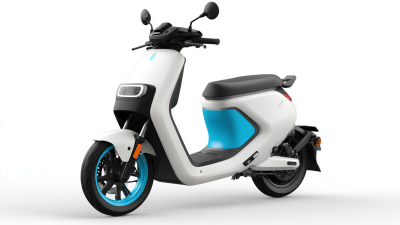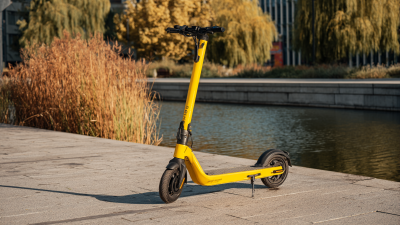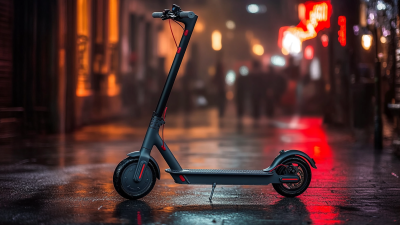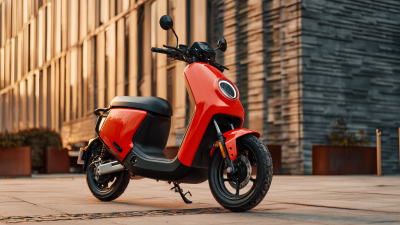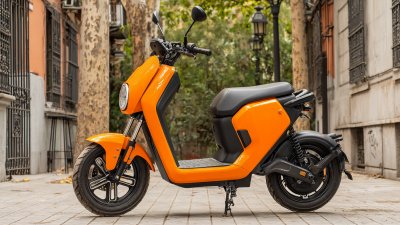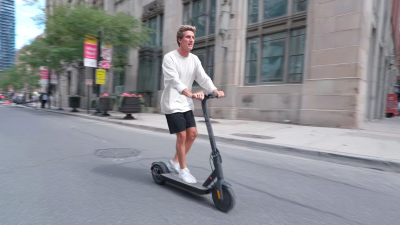As urban populations continue to rise, the demand for efficient and eco-friendly commuting options has led to a surge in the popularity of Electric Scooters. According to a recent report by Research and Markets, the global electric scooter market is expected to grow from $18.5 billion in 2021 to over $41 billion by 2026, highlighting a significant shift towards sustainable transportation.
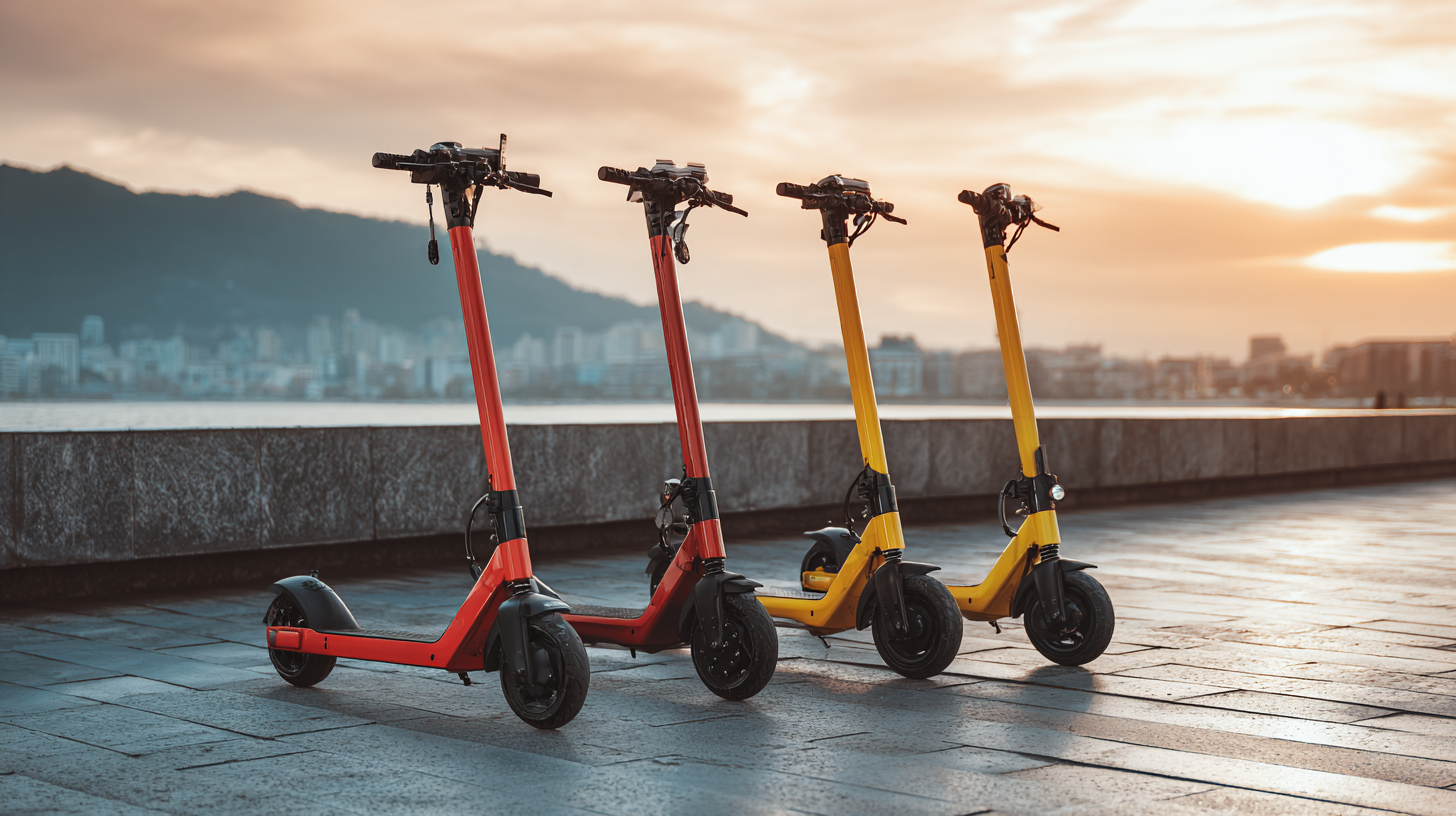
Choosing the right electric scooter for your daily commute not only affects your convenience and comfort but also contributes to reducing carbon footprints and traffic congestion. With various models available that differ in speed, range, and features, understanding key factors such as battery life, weight capacity, and safety standards is essential for making an informed decision. This guide will provide you with the necessary information to select the perfect electric scooter that meets your commuting needs while promoting a greener tomorrow.
When selecting the right electric scooter for your daily commute, it’s crucial to assess your commuting needs in terms of distance, terrain, and frequency. According to a report by the Micromobility Industry Association, the average urban commute is approximately 5 to 7 miles, which suggests that most electric scooters, with ranges between 15 and 40 miles, can comfortably support daily use. Evaluating the distance will help you determine whether a lightweight scooter is suitable for your needs or if you require a model with a larger battery.
Terrain also plays a significant role in choosing an electric scooter. If your route includes hills or rough roads, look for models with higher wattage motors and robust suspension systems. Data from the Electric Vehicle Association indicates that scooters with a motor power of at least 350 watts are better equipped for hilly terrains, providing adequate support for a smoother ride. Lastly, consider the frequency of your commute; daily commuters may benefit from scooters designed for durability and comfort, while occasional users might prioritize compactness and portability. Selecting the right electric scooter tailored to these specific needs will enhance your commuting experience significantly.
When selecting the right electric scooter for your daily commute, it's essential to focus on key features that directly impact your riding experience. Battery life is perhaps the most crucial factor; a longer battery lifespan ensures you won’t run out of power mid-journey. Consider your commuting distance and choose a scooter that offers sufficient range to cover it comfortably. Many scooters provide a range of about 15-30 miles on a single charge, so look for one that aligns with your daily travel needs.
Speed is another important aspect to evaluate. The average commuting speed for electric scooters typically ranges between 15-20 mph, which is sufficient for urban environments and helps you navigate traffic efficiently. However, ensure that the scooter's speed aligns with your local regulations to avoid any legal issues. Additionally, pay attention to the weight capacity; a robust design will support your weight comfortably along with any extra gear you may carry. Most scooters have weight limits between 220-300 lbs, so choose wisely to ensure safety and performance during your rides.
| Model | Battery Life (miles) | Top Speed (mph) | Weight Capacity (lbs) | Weight (lbs) |
|---|---|---|---|---|
| Model A | 20 | 15 | 250 | 32 |
| Model B | 25 | 18 | 220 | 27 |
| Model C | 30 | 20 | 300 | 29 |
| Model D | 22 | 16 | 260 | 34 |
When selecting an electric scooter for daily commuting, prioritizing safety features is crucial. Essential components such as a reliable braking system, bright LED lights, and effective shock absorbers can significantly enhance rider safety. Look for scooters equipped with disc brakes or regenerative braking systems that allow for quick and controlled stops, especially in urban environments with unpredictable traffic conditions.
Additionally, consider scooters with robust lighting solutions. Front and rear lights not only improve visibility when riding at dusk or night but also alert other road users to your presence. Another vital feature is a sturdy frame and solid tires that can withstand various terrains, reducing the risk of accidents caused by punctures or loss of traction. Beyond these basics, some scooters offer advanced safety technologies like anti-lock braking systems (ABS) and built-in GPS tracking, which can provide peace of mind for commuters. Prioritizing these safety features will ensure a secure and enjoyable ride.
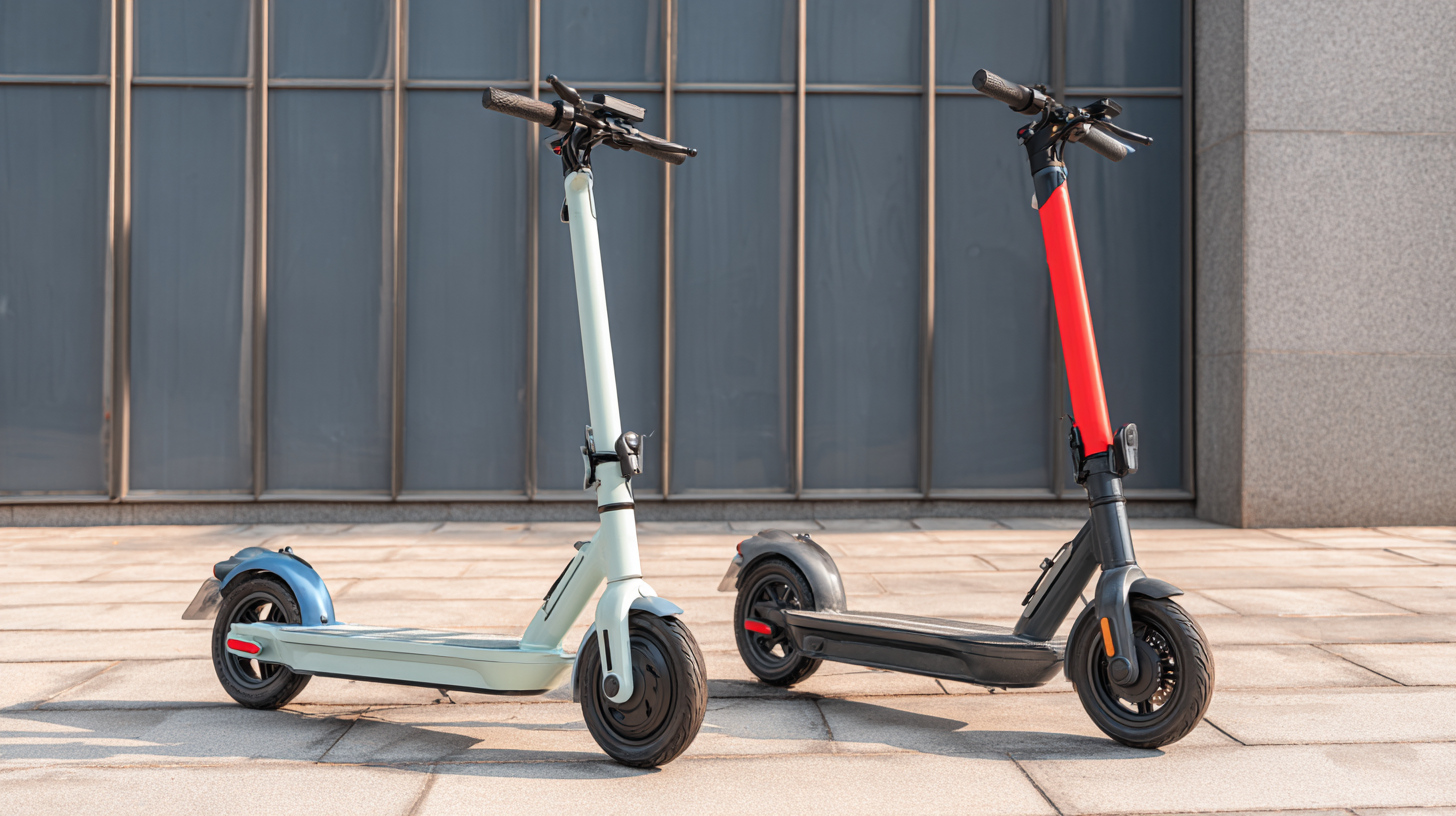
When considering an electric scooter for your daily commute, budgeting is a crucial factor to keep in mind. The initial cost of electric scooters can vary significantly, typically ranging from a few hundred to several thousand dollars. It's important to assess what features you truly need—such as battery life, speed, and weight capacity—while remaining attentive to the price. Identifying a budget that balances quality and affordability will help you make an informed decision.
In addition to the purchase price, potential buyers should consider financing options available for electric scooters. Many retailers offer payment plans or financing deals that can ease the burden of upfront costs. Additionally, researching used scooters might reveal cost-effective alternatives that meet your commuting needs without breaking the bank. Factor in ongoing expenses, such as maintenance and insurance, to get a complete picture of your total investment. By being thorough in your budgeting process, you can enjoy the benefits of a reliable electric scooter without financial stress.
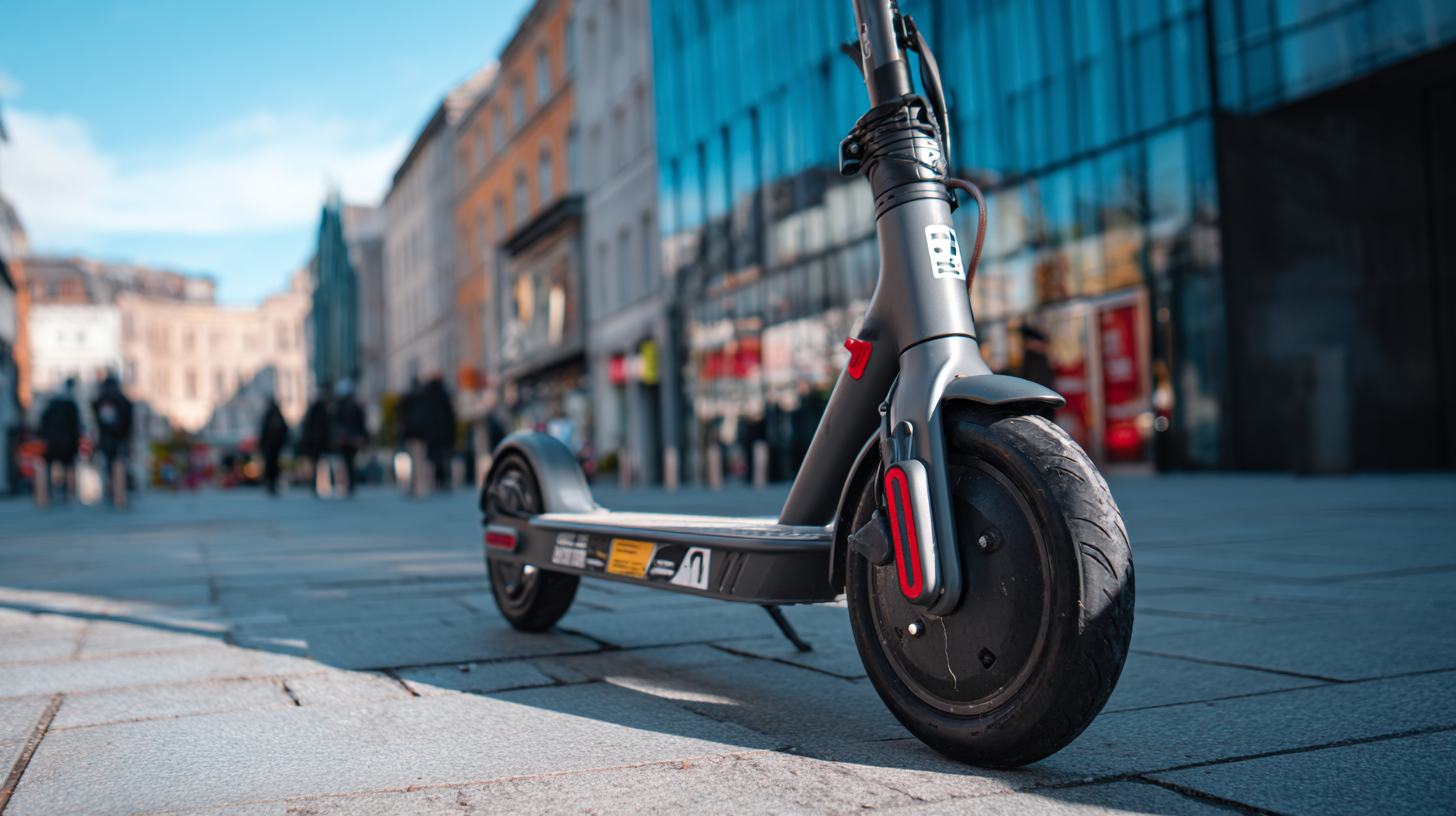
When choosing an electric scooter for your daily commute, it's crucial to compare various models based on performance, range, and rider comfort. According to a recent report by the Micromobility Coalition, the market for electric scooters has grown exponentially, with sales increasing by 30% year-on-year in the urban mobility sector. Top contenders such as the Xiaomi Mi Electric Scooter and the Segway Ninebot MAX G30 offer impressive specifications, including a range of up to 40 miles and speeds reaching 18.6 mph, making them ideal for commuters seeking reliability.
Another important consideration is weight capacity and portability. Many scooters, like the Razor E300, cater to heavier weights while remaining lightweight enough for easy transport. Research from the Electric Personal Mobility Association suggests that the optimal weight capacity for daily commuting is between 220 to 300 pounds to accommodate a wider range of users. Furthermore, features such as dual braking systems and solid tires enhance safety and durability, which are paramount for everyday usage in urban environments. By focusing on these aspects, commuters can significantly improve their overall riding experience.
This bar chart represents a comparative overview of various important specifications for electric scooters suitable for daily commutes, including range, top speed, weight, charging time, and price.
